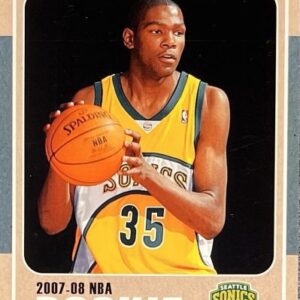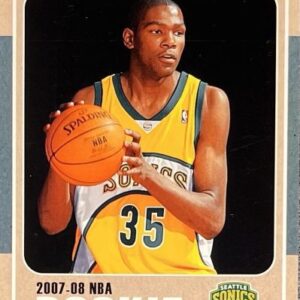In an unexpected twist that has stitched a heavy seam of intrigue throughout the community of dedicated sports card collectors, the venerable walls of Best Western’s Strongsville outpost have become the stage for a drama that scales beyond the most thrilling baseball game. Memory Lane Inc., a California-based auction house renowned for dealing in nostalgic slices of Americana in the form of rare baseball cards, has ignited a legal blaze against Best Western. The fuel? A vanished package brimming with vintage sports memorabilia valued at a staggering $2 million, which reportedly disappeared into the ether within the confines of a Strongsville hotel.
In the world of sports memorabilia, where the past is pristinely cataloged, the loss is akin to losing a cornerstone from an ancient temple. The culprits have stripped away more than just cardboard; they’ve disrupted an industry seen as both a bridge to the past and a lucrative current in the collectibles market. While scandals remain part and parcel of any industry, the sheer boldness and audacity in this act make it particularly resonant.
Among the 54 rare cards that were intended for the auction block were headliners such as a 1909 Ramly Walter Johnson and a 1941 Ted Williams, with a combined value sneering close to $90,000. Though FedEx, with its stalwart reputation, confirmed delivery to the Best Western Plus hotel, when an eager employee from Memory Lane turned up, the cards appeared to have taken a walk across a dark night, never to return to their collector’s embrace.
An investigation’s unraveling, the vivid threads leading to the scoundrels, revealed an inside job involving Jacob Paxton, who sported the badge of “hotel staffer” like a villain in a heist film. He effortlessly intercepted the prized package and passed it to his partner in crime, Jason Bowling, who seems to have stuck to lesser culpability, earning community supervision compared to Paxton’s four-to-six-year prison sentence. However, the two most precious items, those singular Johnson and Williams cards, have eluded recovery, leaving a gulf in both monetary value and collectible completeness.
Memory Lane isn’t just suing for the monetary void left by these cards but is setting an example, standing firm for the principles of trust and reputation upon which their business breathlessly relies. In July 2025, they slung the gavel with a decisive civil lawsuit against the international behemoth that is Best Western, along with its local operators. According to their narrative, this escapade underscores a dire lapse in judgment and supervision, asserting that Best Western recklessly entrusted the care of these invaluable relics to someone unsuitable for guarding even the simplest couriered parcel.
The hospitality chain, with its broad international imprint, could be seeking solace in its vastness, yet large footprints make notable impressions in the sand, leaving this particular legal footprint one that could change fortification norms across hotels worldwide. This legal standoff isn’t just about baseball cards; it could redefine responsibilities, placing added pressures on how hotels manage precious guest property, especially in an era where demands for high-value security are rapidly escalating.
The burglary isn’t an isolated wave crashing against the quaint shores of nostalgia-seeking hobbyists. The National Sports Collectors Convention has faced its own storm of thefts over the past couple of years. Despite reinforced security measures, sinister hands have pilfered iconic cards like the 1951 Bowman Mickey Mantle rookie card and the 1986 Fleer Michael Jordan rookie card, which vanished amid a flurry of predators and prying eyes.
As the collectible cards market continues its upward trajectory — a scintillating testament to both its cultural value and investment potential — so too do the risks associated with handling these fragile assets. Collectors and dealers are tightening their grips with increasing vigor; they are fortifying their defenses with a veritable arsenal of locked cases, 24/7 surveillance cameras, and optimally beefed-up insurance coverage. The precautions resonate with a deeper call: protect what is invaluable, just as one would shield masterpieces on canvas or treasures wrought of precious metals.
The legal scuffle with Best Western puts a virtual magnifying glass over the industry’s frailties and vulnerabilities. It’s a clarion call for reevaluated safeguards and solidified security strategies, particularly in high-stakes markets. While the courts will deliberate over accountability, the heartbeat of the message reverberates through the collector’s community: treat these cardboard artifacts with the reverence bestowed upon the finest art, for their stories and values transcend their physical delicacy.
The sports card world waits with bated breath, not for the return to equilibrium, but for an evolved clarity in protecting the badges of past sporting glory embedded in their meticulously kept collections. This ongoing saga between Memory Lane and Best Western draws a line thicker than the average dust-jacketed novel; it’s about fortifying the breaches as the game of [who guards the guardians] leaps forward into new innings.






